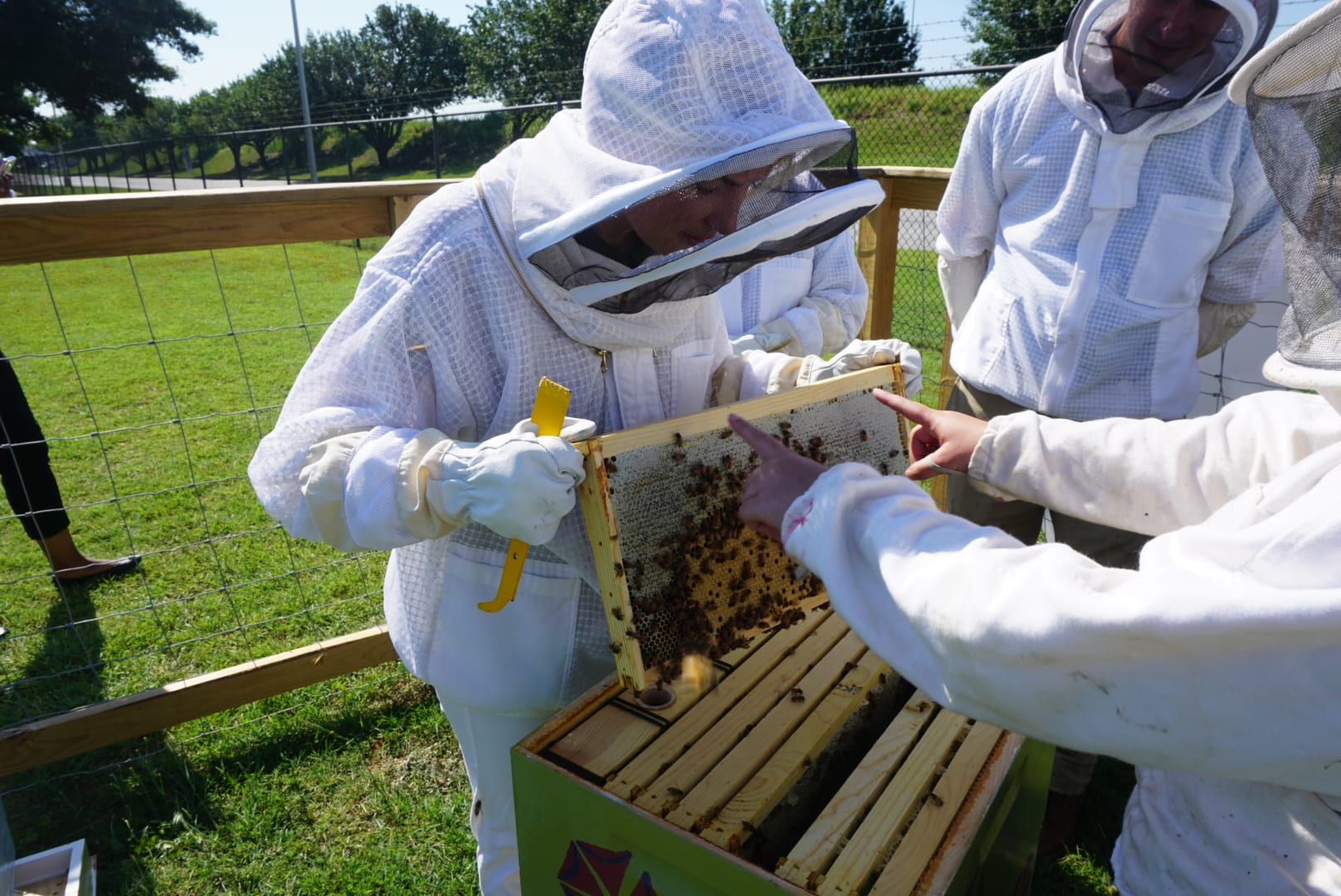Trending Now
As coal mines have shut down, many miners remain out of work in West Virginia. To combat jobless in coal territory, a new nonprofit has stepped in offering training in beekeeping and assistance in selling any resulting honey. It’s good income and good for the environment!
The program is offered by the Appalachian Beekeeping Collective.
In West Virginia, high levels of poverty and lack of jobs make survival for rural families a struggle. But keeping bees and harvesting the honey for selling is a sweet way to make ends meet.

Photo Credit: Flickr
Coal mining was a major part of the economy until 2005, when the rate of mine closures began to tick up, leaving many workers without a steady paycheck. Employment in the coal industry decreased by 27 percent according to a study conducted by West Virginia University.
And it’s not just West Virginia; Kentucky, Pennsylvania and Wyoming all felt the economic loss of energy going green.
The Appalachian Beekeeping Collective was formed within the nonprofit Appalachian Headwaters, which is working to develop sustainable economic opportunities there. The collective operates over 17 counties in WV and offers classes in beekeeping basics and bee biology. Upon graduation from courses, new beekeepers become part of the collective, where they can receive more training, bees, supplies and resources to start their own honey businesses.
Photo Credit: Max Pixel
Because the collective offers free and reduced-cost beekeeping training and supplies, what once was an opportunity with a high cost of entry is now completely doable for many low-income families.
That’s how White Oak Bee Company started. John Young and his daughter enrolled in classes and received 12 hives. Now, he is a part of West Virginia’s robust honey industry – Young even has his own signature honey roasted coffee for sale.
The bees also benefit local forests; as the farmed bees collect nectar from the forest’s flowers, they are pollinating their surroundings and helping them diversify and grow.
But for the rural families that share the forests, the bees are chance at growing a business and fueling sweet hope. Because an economy that leaves so many people behind isn’t really flourishing at all.




